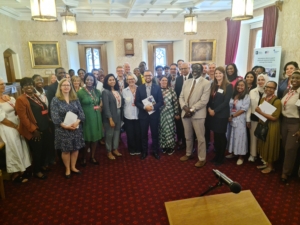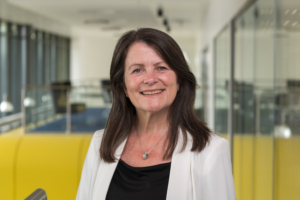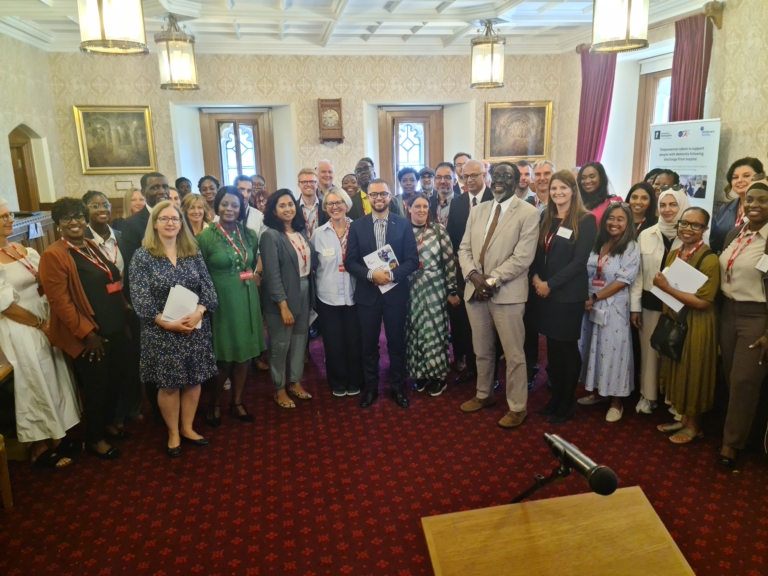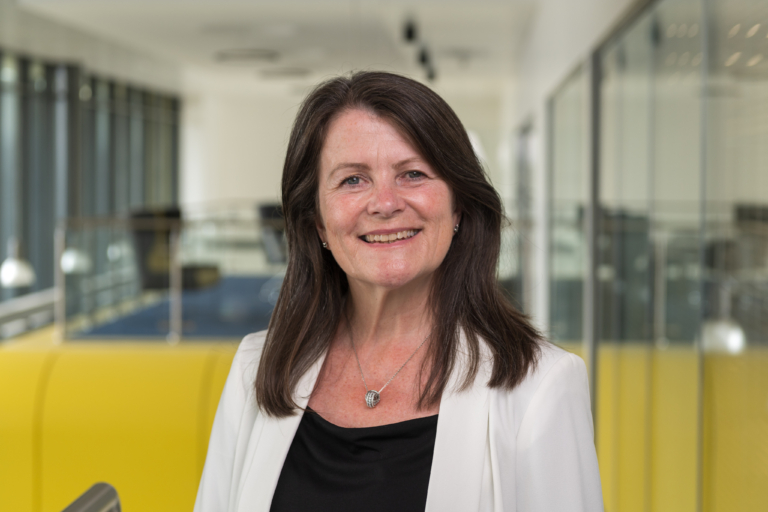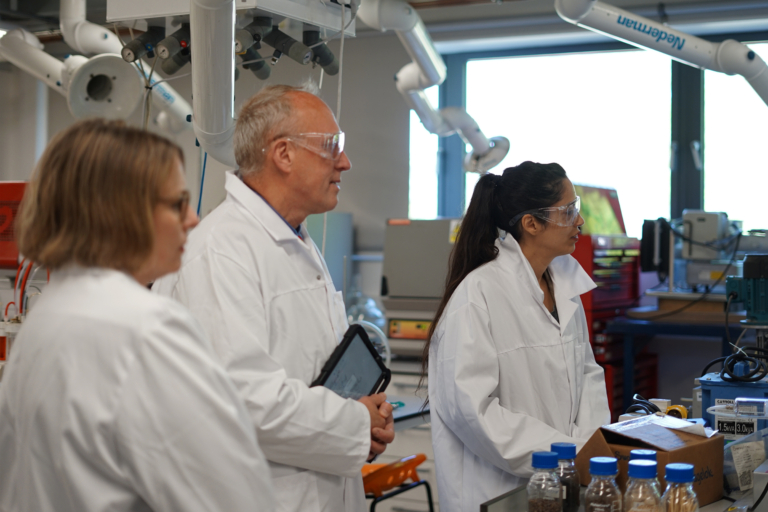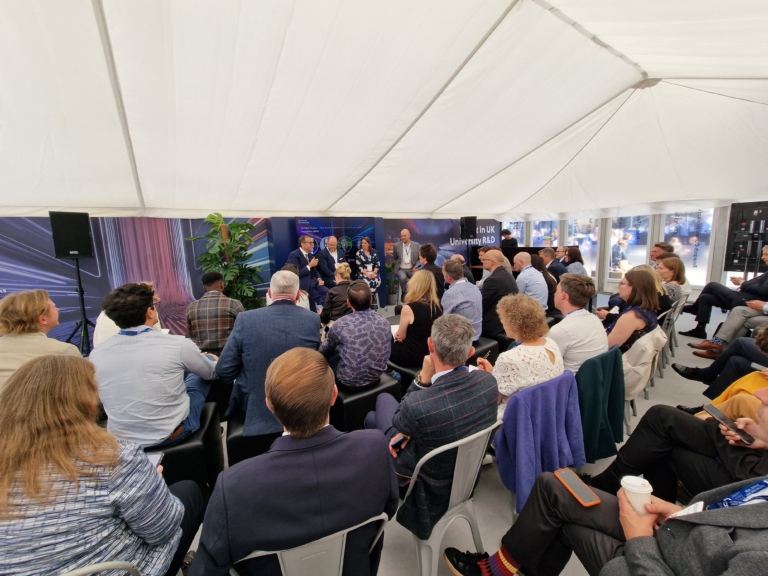Researchers in the Midlands are developing novel place-based research projects that are addressing some of the biggest social and economic challenges affecting communities.
Midlands Innovation universities (Aston, Birmingham, Cranfield, Keele, Loughborough, Leicester, Nottingham and Warwick) are exploring inter-disciplinary ideas which are reviving communities, through humanities and social science research.
These include interventions to improve people’s health through arts-led activities, identifying ways to develop urban brownfield sites for biodiversity uplift, and finding solutions to delivering the net-zero challenge on a local level, for example.
David Sweeney, Executive Chair for Research England and Kristine Zaidi, Associate Director of Programmes from Arts Humanities Research Council, UKRI joined a group of early career researchers and academics at a workshop hosted by Aston University to learn about the Midlands Innovation’s Inclusive Transformation research theme.
“Universities have the capability to help address deep-rooted economic and societal changes through their research,“ David Sweeney said. “It’s fantastic to see the collective efforts to work in partnership with local organisations to benefit people and local communities. It is clear there is a real desire for collaboration across Midlands universities and a commitment to addressing issues across the Midlands and beyond.”
Kristine Zaidi also commented. “Arts and humanities research drives innovation and helps to imagine new worlds. The AHRC has an ambition to embed arts and humanities into a creative economy and is encouraging this discipline to be integrated into research ideas within the design process to broaden ideas and opportunities. It’s very exciting to see the ideas like this being generated in the Midlands.”
Dr Saul Albert from Loughborough University is leading a research project helping community organisations develop arts-led cognitive interventions to improve people’s health and wellbeing.
He explained the benefits of working with charities, local authorities and the care sector to, not only gain vital research, but as a means to increase capacity in very small and underfunded schemes.
“Working with partners in the community has created an opportunity to get much richer knowledge which builds relationships, that’s where the idea of ‘place’ is really embedded in research,” he said.
Professor Jun Du from Aston University is one of the researchers leading a collaborative project looking at green recovery and economic renewal of the Midlands. She explained: the “process has given me an opportunity to talk to people from other institutions on equal terms which has resulted in some high-quality thinking and debates which has really enhanced our research.”
Sue Clayton, Deputy Director of Midlands Innovation said: “We have two cohorts taking forward new research projects who have been learning from each other; this is collaboration in action. Midlands Innovation is delighted to facilitate important research in this field on behalf of our partners.”
Professor Simon Green, Vice-Chancellor (Research) for Aston University and Chair of the Inclusive Transformation Steering Group also commented.
“The Midlands is a microcosm of the UK; we have an incredibly diverse region which presents us with a fantastic opportunity to collaborate and carry out valuable place-based research. Midlands Innovation is keen to develop more interdisciplinary relationships between institutions, because we believe that’s when innovation truly comes to life. Inclusive Transformation is the driving force behind this.”
